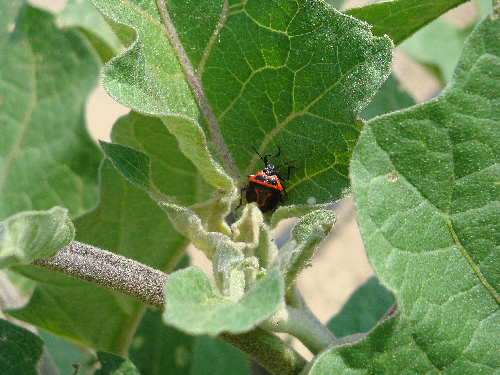Research
|
My research interests primarily include the application of ecological theories and use of natural enemies in the development of management strategies for insect pests. For years, ecologists have debated the theory that increased biodiversity fosters stability among arthropod populations, and therefore reduce injury to plants imposed by phytophagous insect pests. When additional plant flora is added to an agroecosystem, the complexity of the plant and arthropod community is amplified. Therefore, predicting population dynamics of herbivores and natural enemies within the system becomes an arduous task. My specific interest includes determining mechanisms underpinning arthropod responses to habitat manipulation and using this information to concomitantly enhance the effectiveness of natural enemies, suppress crop pests, and improve marketable crop yields. A further aim is to integrate ecological pest management tactics with other insect management strategies (e.g., biological control, host plant resistance, etc.). My overall research goal is to establish pest management systems that incorporate and centers on biological and ecological control but are not too disruptive to current crop protection practices.
Most cropping systems are attacked by a variety of pest organisms. In addition to insects, weeds, plant-parasitic nematodes, and other plant pathogens pose great challenges to the development of more ecologically sound sustainable farming systems. However, these pest complexes are typically researched as separate entities. The creation of a comprehensive integrated pest management program requires that these complexes be addressed in tandem. For example, a management practice that successfully suppresses a targeted insect pest could enhance levels of organisms such as nematodes that are injurious to the cash crop. My research interests include taking an interdisciplinary research approach to develop pest management strategies that suppress above and below ground crop pests concurrently. I strongly believe this approach enhances the opportunity to improve the overall economic and ecological sustainability of farming communities. |


